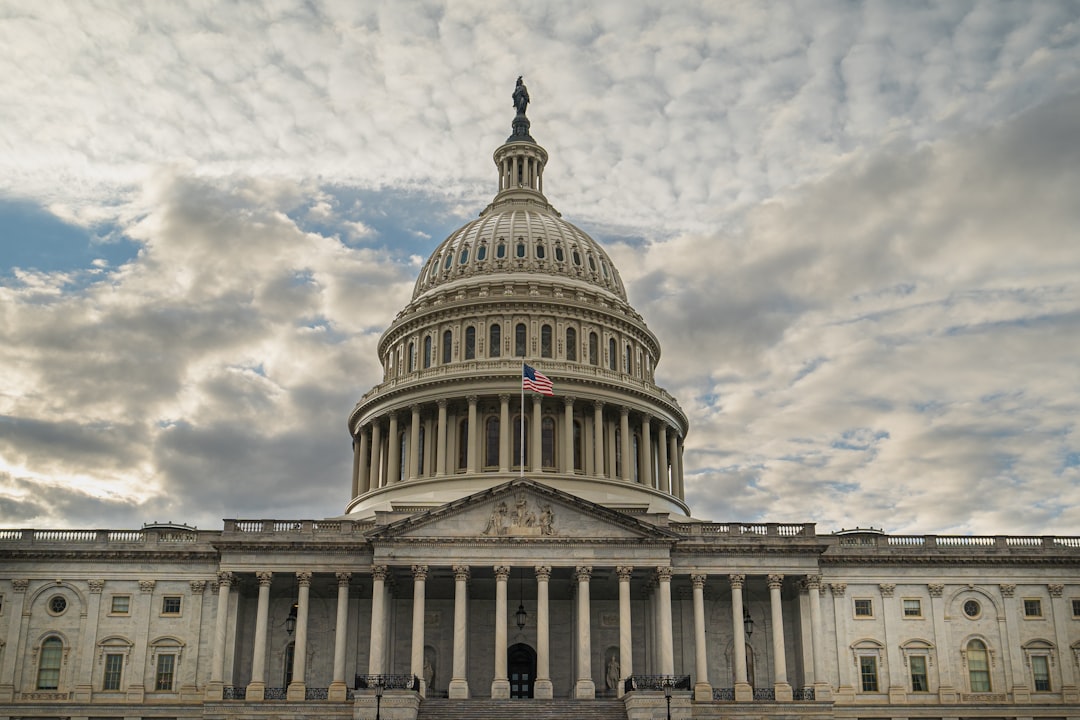Throughout history, many systems have evolved and shaped the world we know today. While some advancements have been made, core issues still persist. Democracy, as an ideal, remains unfulfilled in many parts of the world. The following observations highlight the gap between what democracy promises and how it functions in reality.

The Principles of Democracy – and Their Real-World Contradictions
Power Belongs to the People
In theory, governments derive power from the consent of the people. However, many citizens feel powerless in practice. Control is often maintained through military or police force, operating under the banner of “law and order.”Everyone is Equal
Democracy asserts that all individuals have equal political rights. Yet, marginalized communities are frequently excluded from meaningful participation, and their voices go unheard when it matters most.Rule of Law
No one, including political leaders, is supposed to be above the law. In reality, the wealthy and powerful often find ways to sidestep justice, manipulating legal systems to serve their interests.Freedom and Rights
People are meant to have the right to free speech, religion, and thought—especially when challenging the government. However, media in many places is owned by a small elite, and dissenting views are suppressed. Cultural, spiritual, and intellectual freedom is often controlled or censored.Majority Rules, Minorities Protected
While decisions should reflect the will of the majority, minority rights must be protected. In practice, minority communities are sidelined, and decisions are frequently made behind closed doors, favouring political elites rather than the broader public.Free and Fair Elections
Democratic elections should be open, transparent, and honest. But many elections, while appearing fair, are manipulated through vote-buying, limited party choices, and biased media influence, resulting in little real change or accountability.

The Three Branches of Power – Meant for Checks & Balances
Legislative: Makes the Laws
This branch is responsible for creating laws through elected bodies such as parliament or congress. Unfortunately, business lobbies often influence lawmakers with donations, data, or pressure. Majority governments tend to dominate the conversation, leaving little room for opposition. Media often reinforces this imbalance, leaving the public with no real check on power.Executive: Implements and Enforces Laws
Presidents, prime ministers, and ministers are supposed to carry out the law. But in modern politics, success is judged by popularity, image, and fundraising rather than substance or service. Executives may overstep their authority—issuing orders and shaping laws instead of merely enforcing them. With media attention, many leaders become performers instead of administrators. In times of unrest, they may resort to force, suppressing public dissent and violating democratic principles.Judiciary: Interprets the Laws and Delivers Justice
Courts are meant to uphold justice impartially. Yet legal systems are often slow, expensive, and inaccessible to ordinary citizens. The wealthy can afford to navigate these systems, while others are left without protection. As a result, justice becomes uneven—and democracy becomes hollow.
Transparency and Accountability: The Fragile Foundations
In a true democracy, transparency and accountability are crucial. However, centralized media often presents biased narratives, manipulating public perception. False stories and distractions spread easily, making it hard for people to focus on meaningful issues. Without an informed public, accountability fades, and systemic flaws persist unchecked.
The Illusion of Democracy
What remains is a system that looks democratic on the surface but lacks its essence. The appearance of rights, freedom, and fair governance hides deeper manipulation. Without access to quality education and critical thinking, citizens are less equipped to recognize or challenge these distortions.
Real Change Begins With Participation
Despite all its flaws, democracy still holds potential—if people are willing to engage. True change won’t come from waiting for a heroic saviour, as often shown in media and movies. It will come when people recognize their own power, participate actively, and demand better systems. Only then can democracy evolve into something real and inclusive for everyone.
You've hit the nail on the head about the massive divide on what democracy should be versus the reality. Disillusionment is just the first step.
In order to create a better system that actually represents its citizens, we have to create something completely new from the outside. Like you said, we can't wait for permission or action from others.
That's why we at FiNC are building something completely new where citizens will work with us to build a system based on equal representation, regardless of money, power, or party. Digital Democracy is the future if we all work together. 👏
We'd love to talk with you about it if you want to learn more. 👀